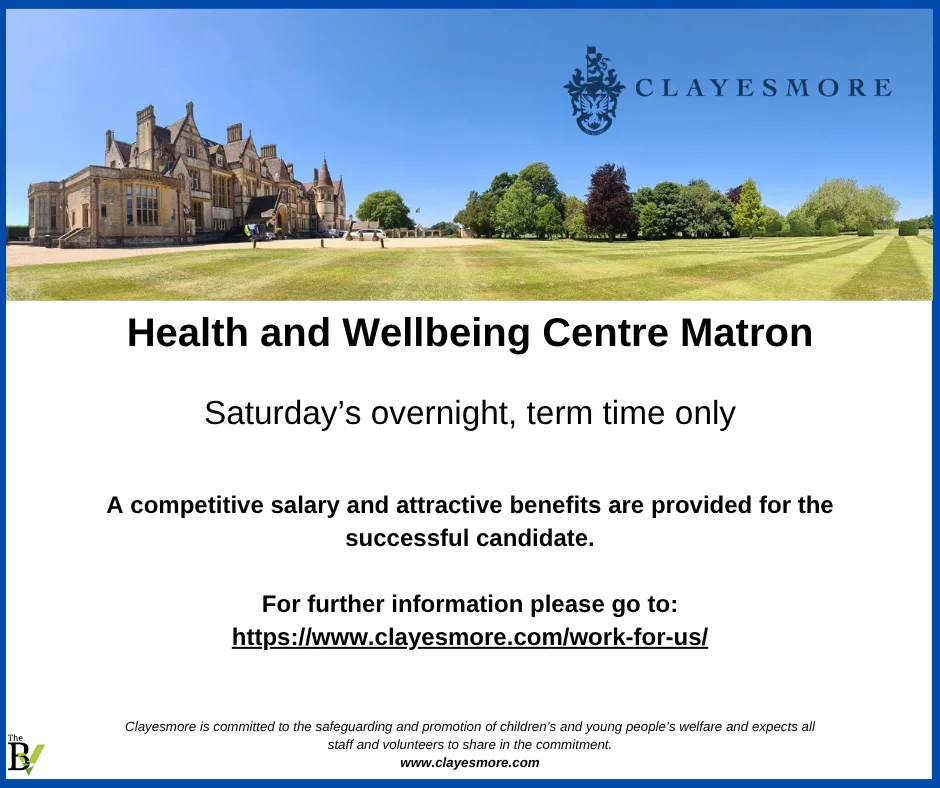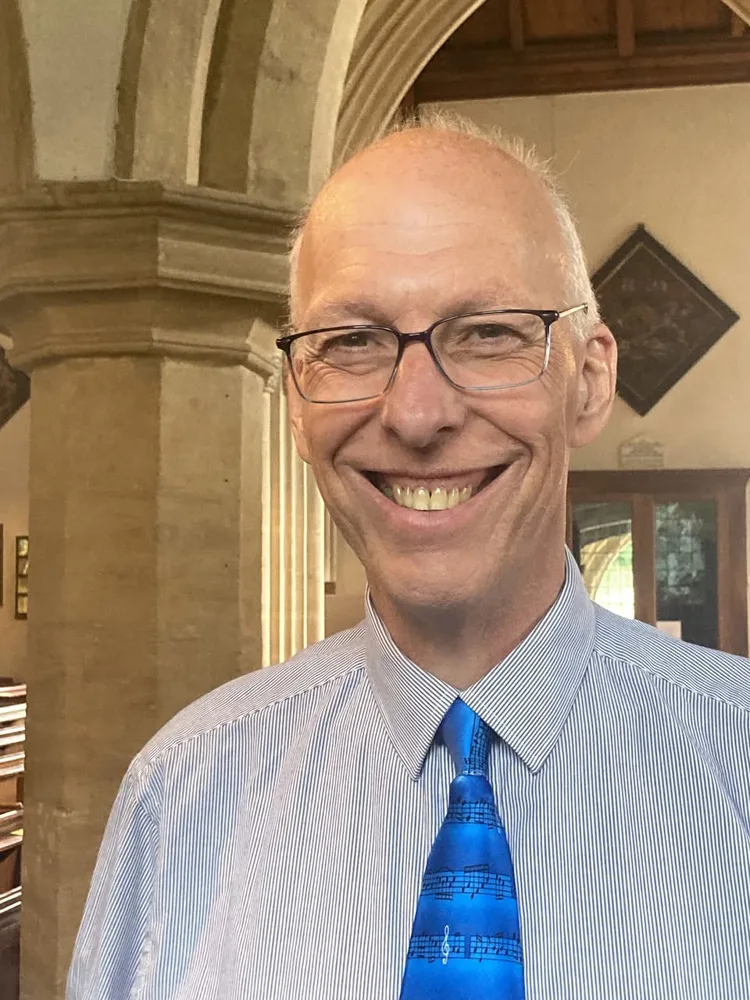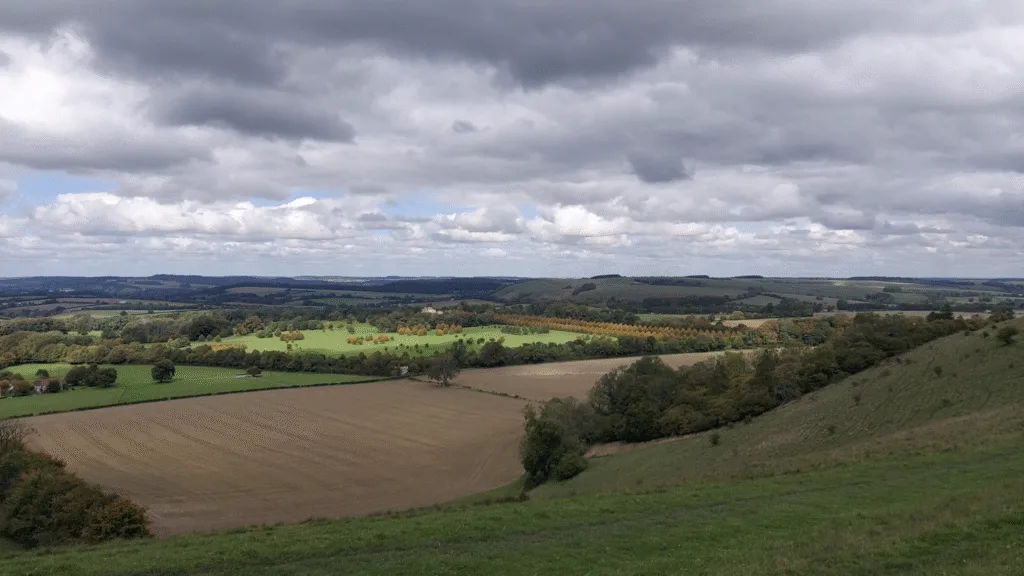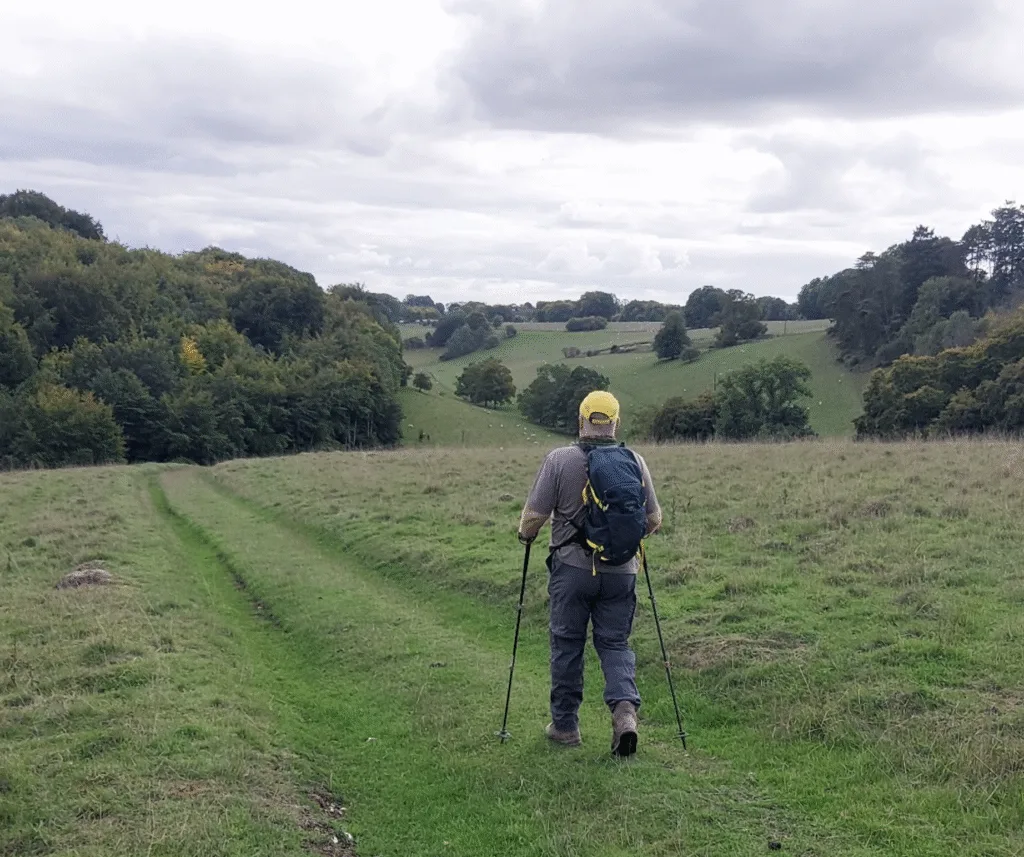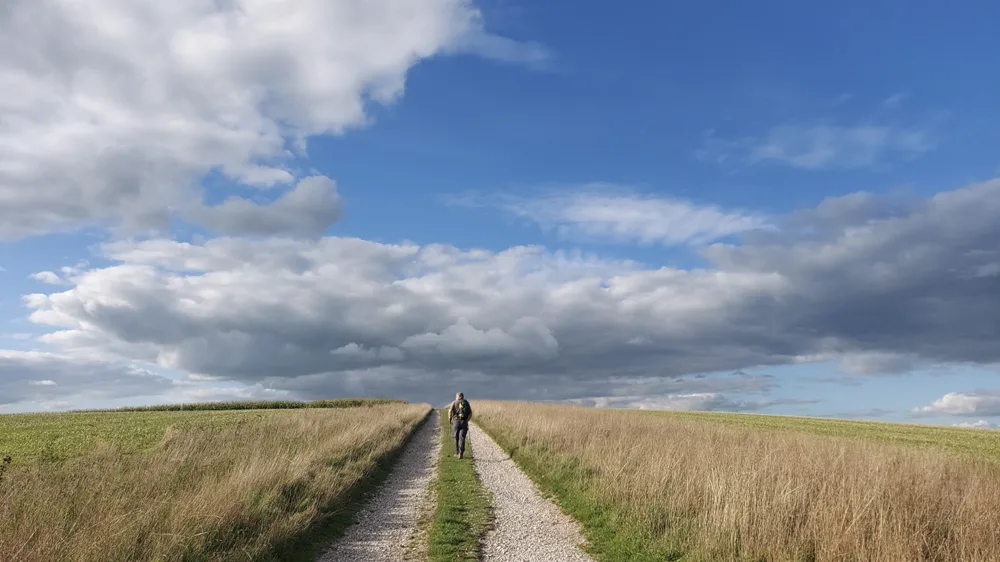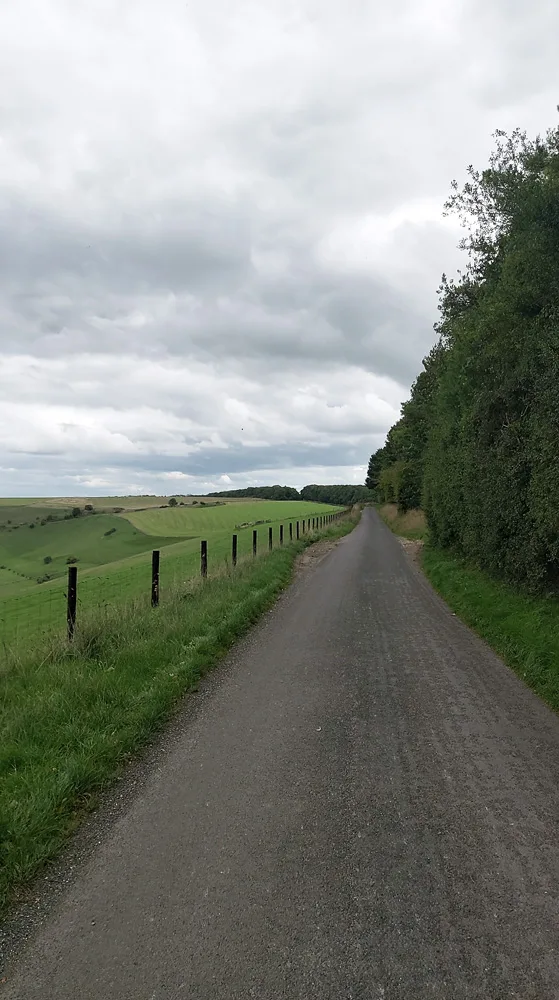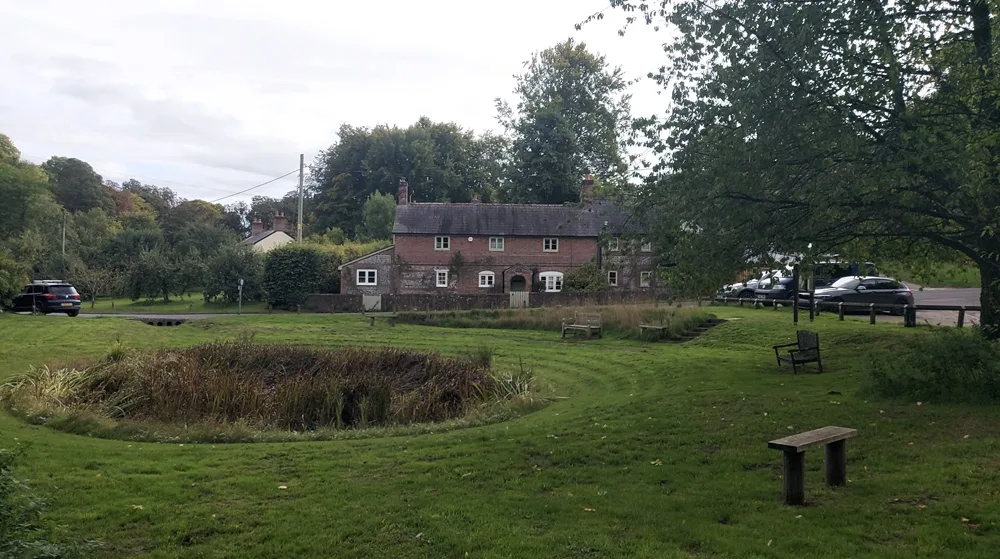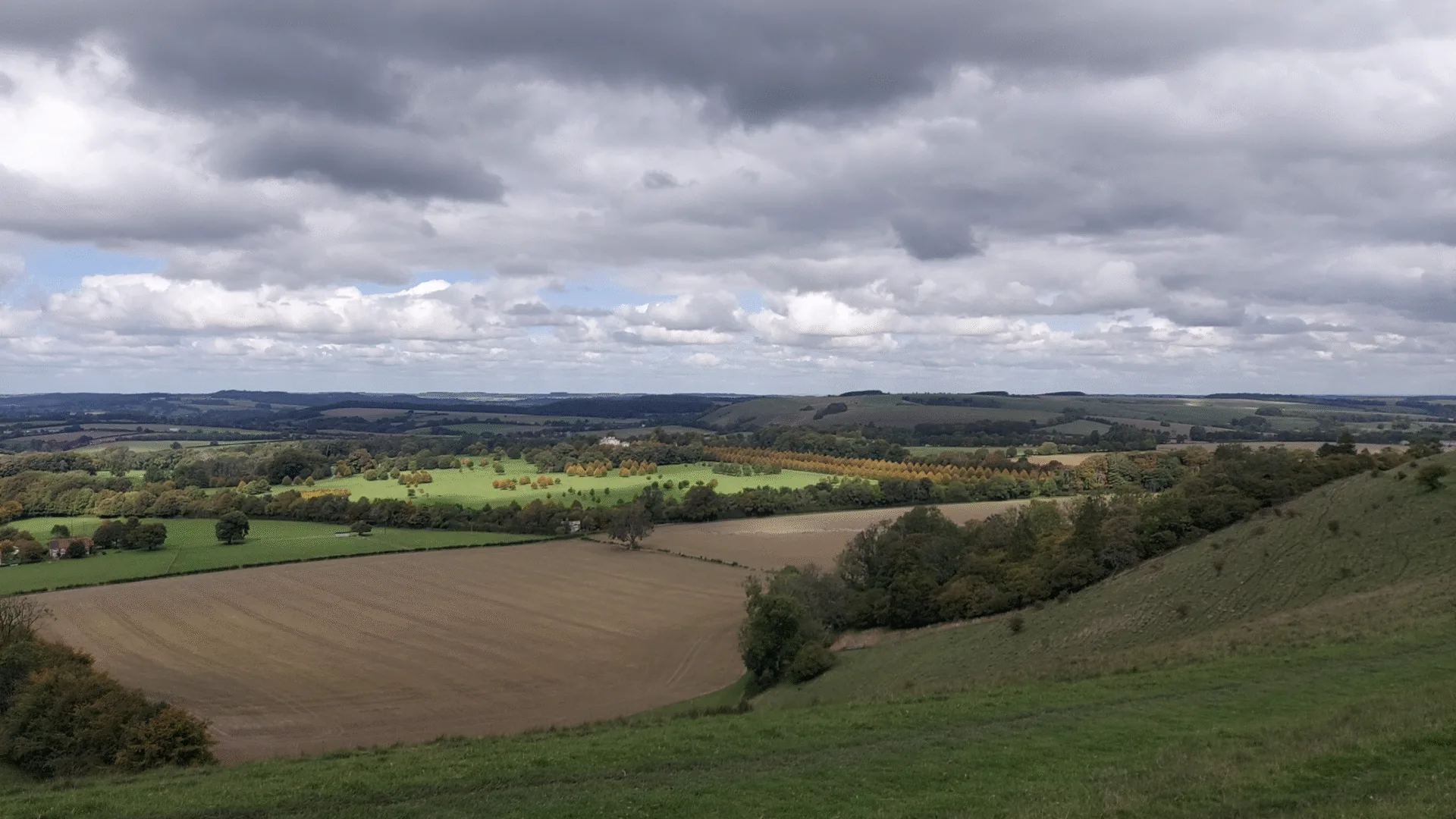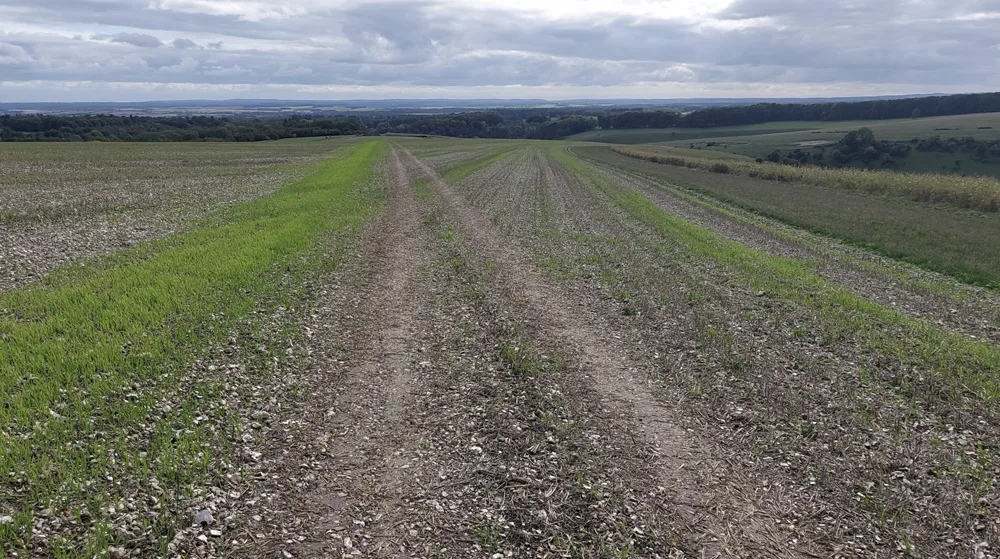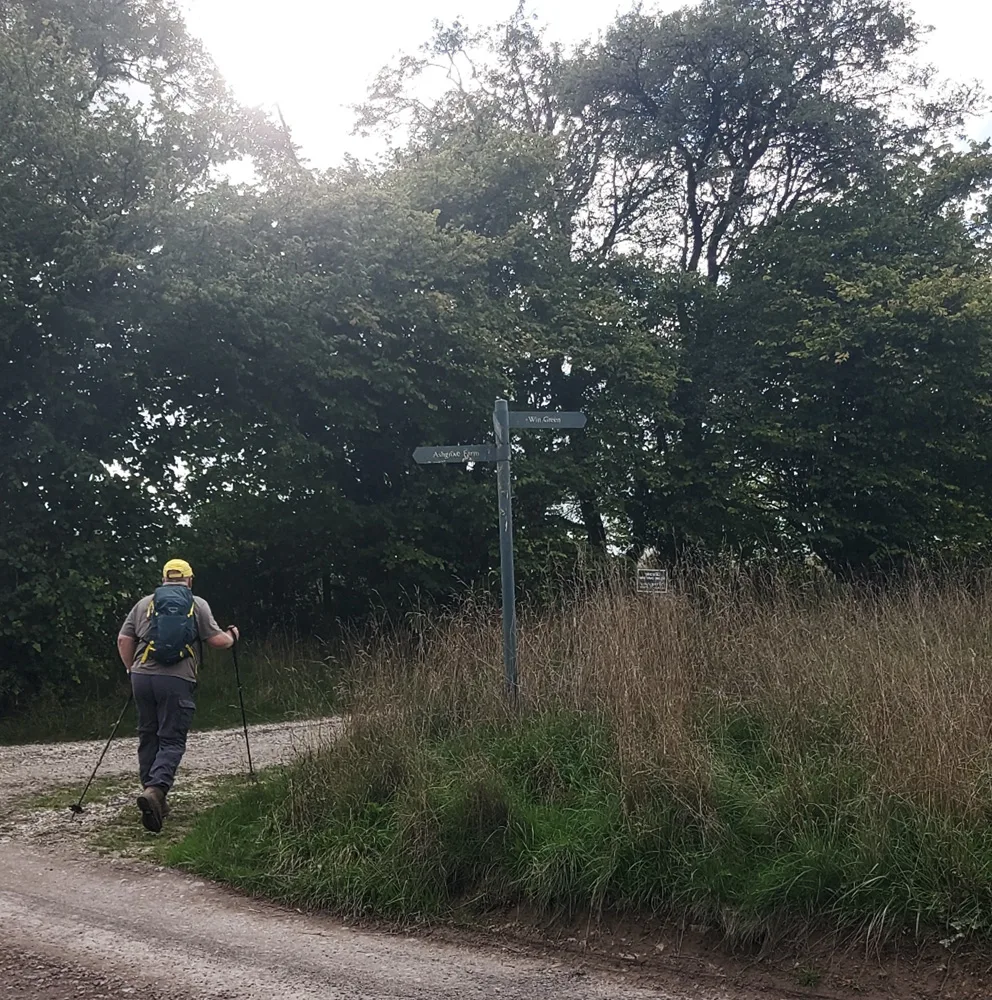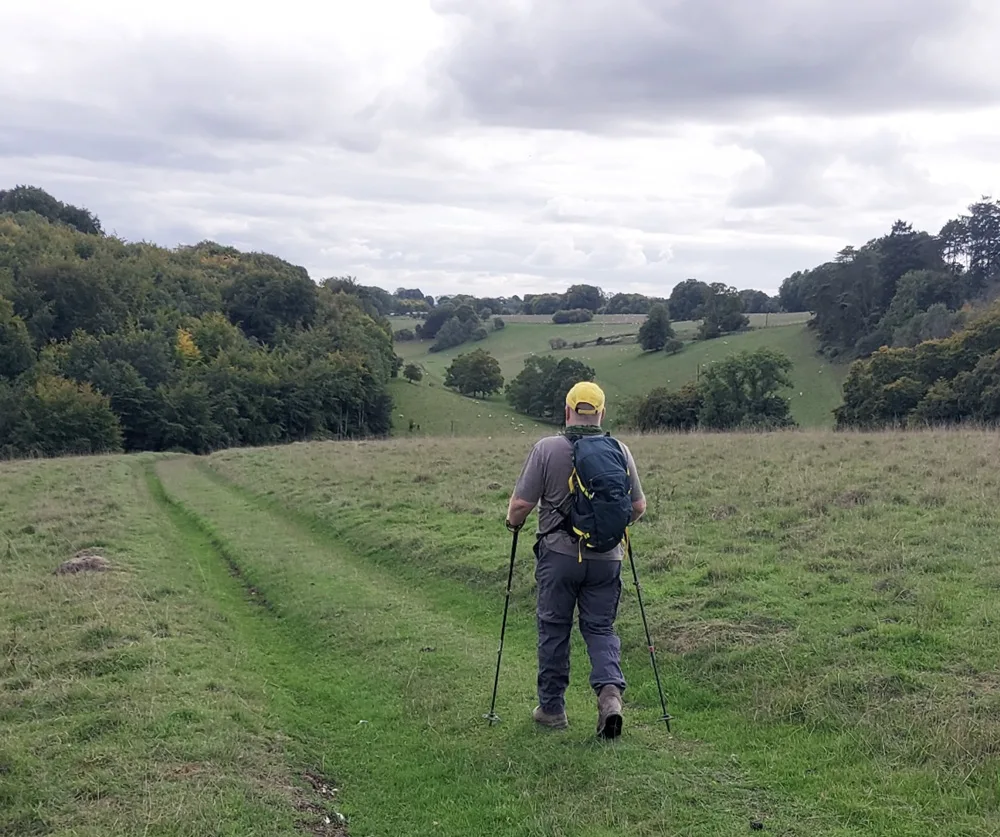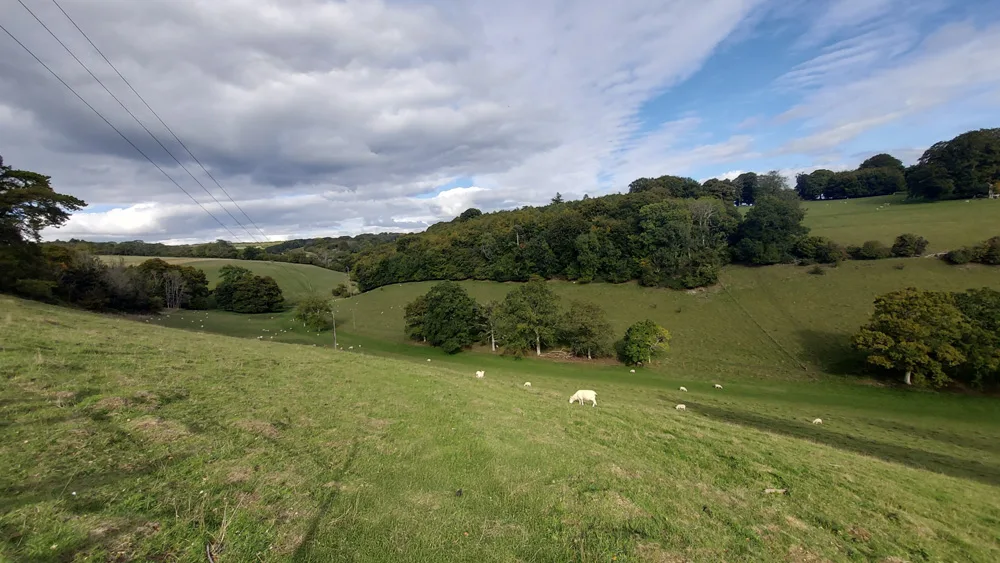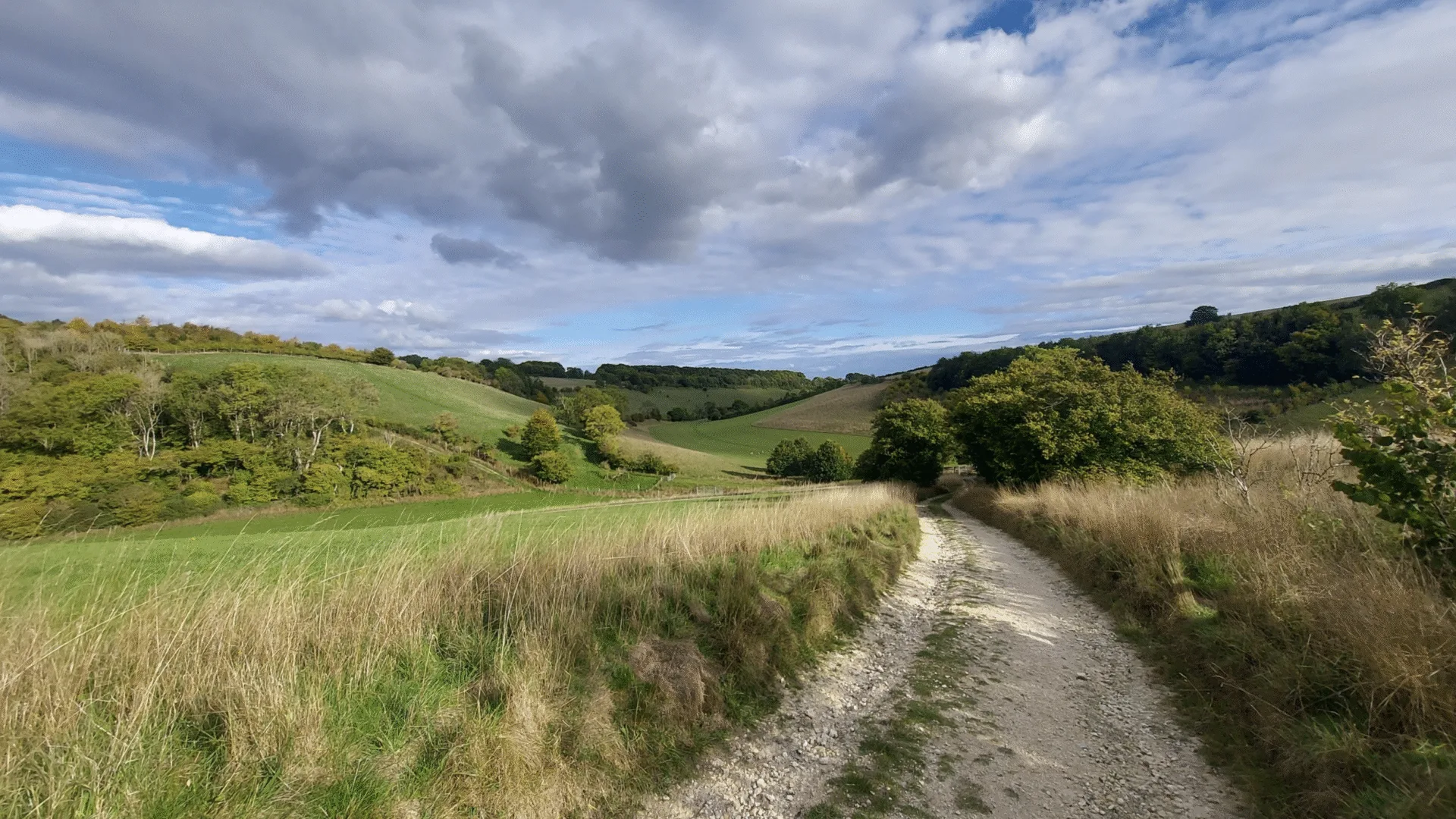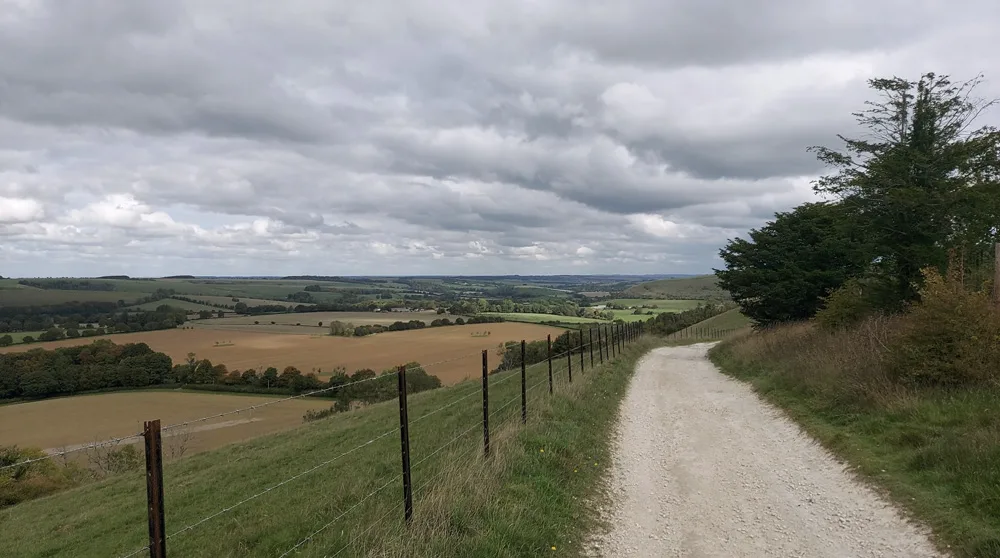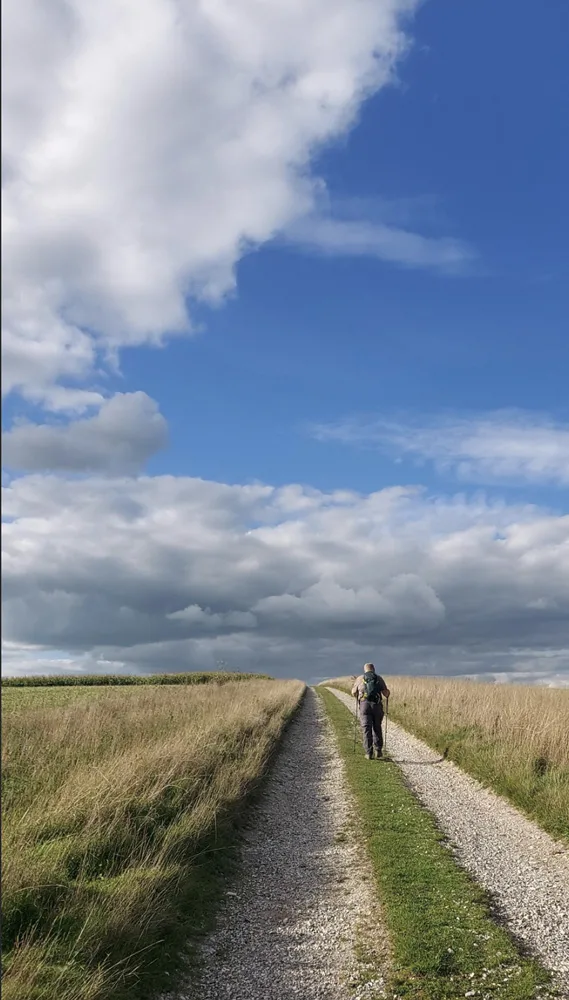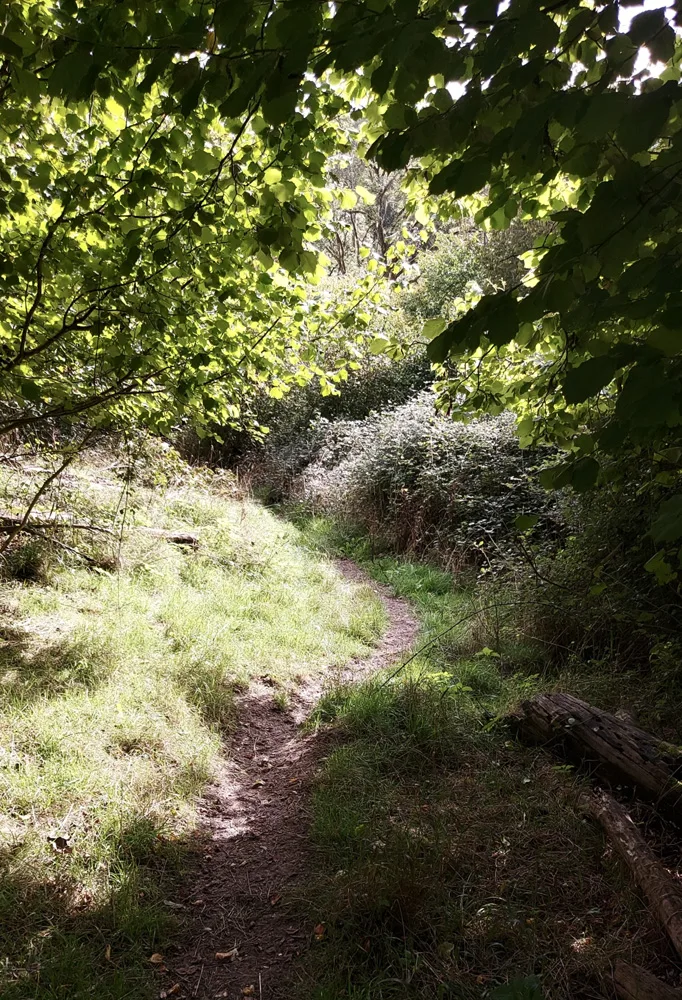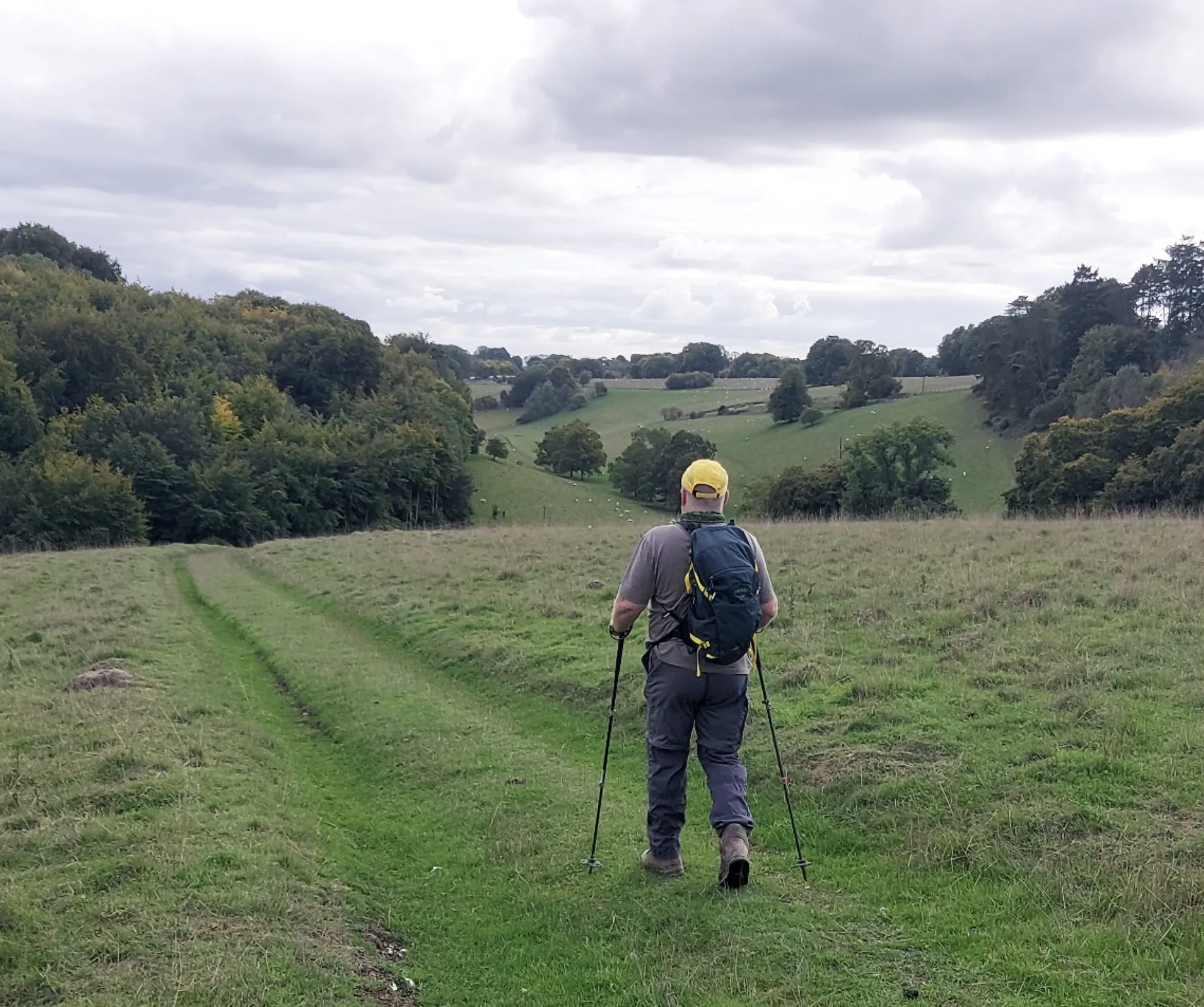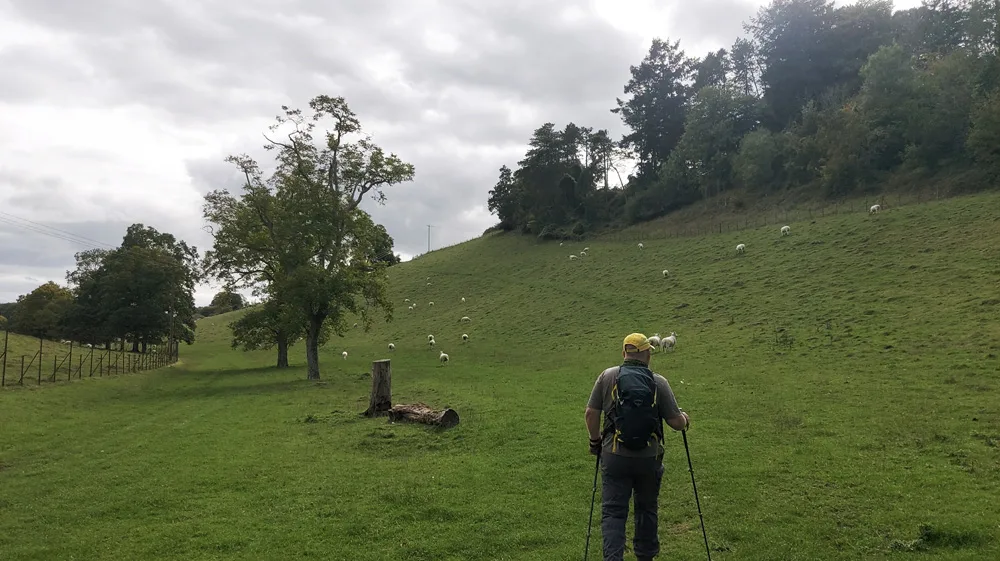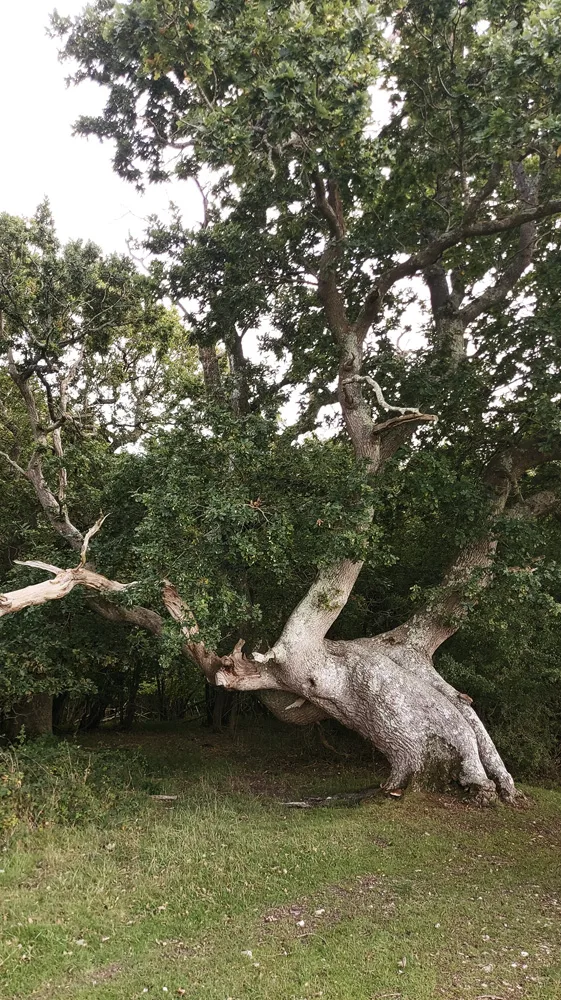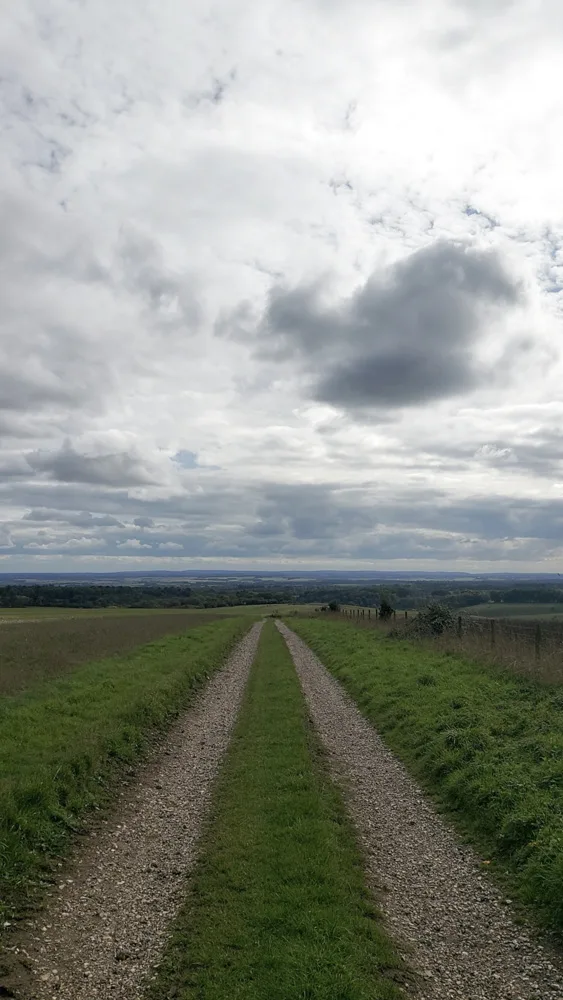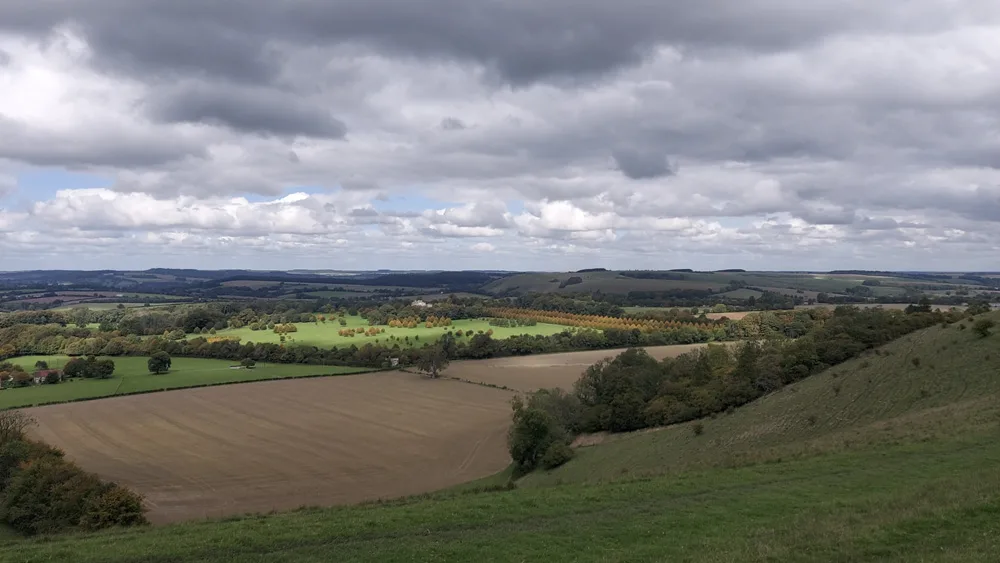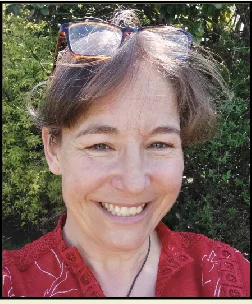
It’s no big secret that I’m an Essex girl. Born and brought up in Southend-on-Sea on the smell of mud and cockles and the whine of boy racers tearing past the Golden Mile’s arcades. But I’ve lived in Sturminster Newton for 33 years – by the traditional rule, that makes me officially a local for the last three? Long enough to call Sturminster Newton Building Supplies ‘Snooks’ without thinking, anyway.
I instinctively know what someone means when they say the ‘top road’ to Dorchester. I know how to pronounce Rampisham. I frequently stop to chat to random acquaintances in the street, and I’ve even been known to use ‘somewhen’ as a legitimate estimate of time.
And yet.
I’m not sure I’ve ever been more strongly aware that I am not local. Not truly. I simply haven’t got – and can never have – that collective memory, deep in my bones. There’s a community consciousness here that I don’t have. People remember places and events and other people, not necessarily because they lived through them, but because Mum did, or Granfer told the story (‘Granfer’ is another learned Dorset-ism), or Aunty Joyce never let them forget it.
It’s history, but alive and walking the lanes.
Lately, I’ve been thinking a lot about roots and belonging – probably not coincidentally, when at the same time I keep seeing ’we want our country back’.
I’m the first to admit there’s plenty wrong right now. And there’s a lot of noise about what’s being lost. But I can see very little action around the things that hold a place together.
You want your country back? Start with your own town or village.
The local youth club needs a volunteer mentor. The litter-picking group would love an extra pair of hands. The library is still hoping someone will help run Storytime. The lunch club needs drivers. The sports team needs a linesperson. The community centre café is short-staffed on Wednesdays… There are signs up in every shop window about what your town needs. Maybe start by simply joining the board game club at the village hall.
Or – and this is the less poetic option – just admit you don’t actually want to help, and let the rest of us get on with it. But please don’t then complain about what you get.
Laura x
On the resignation of Pauline Batsone:
A Response to the Resignation of the Mayor
As a former Town Clerk with almost 30 years of experience in Dorset, I was surprised by the article on the resignation of Mayor Pauline Batstone after just four months. Ten electors have called for an election to fill the vacancy, but do the council tax payers of Sturminster Newton know this would potentially cost around £5,000?
Pauline Batstone is a highly respected and experienced councillor. In Ferndown, she was known for her hard work on behalf of residents, so much so that a road was named after her – a rare honour for a councillor. The council provides ample information, and public and press are always welcome to attend meetings. The reasons behind Pauline’s resignation are private, and if the public is curious, they should ask her directly. Speculation about the resignation and the handling of confidential matters is just that – guesswork. Confidential matters are not taken lightly and must be handled according to strict regulations. Some of the comments regarding the staff are frankly outrageous. The staff have an immense workload and need time to undertake the preparation and minute reporting for all the meetings. Erstwhile, keeping the accounting and finance under control and working on the many projects that this pro-active and hard-working council is undertaking.
It is unreasonable for councillors or the Town Mayor to ask to meet the Town Clerk the morning after a meeting. The Clerk needs time to write the minutes and organise the actions. It is quite right that the Town Mayor should be given time to go through the minutes and actions after a meeting, but the Clerk should also be allowed to allocate the time according to workload, not on demand.
Sturminster Newton’s council is not lacking experience – many councillors have decades of service. These volunteers work tirelessly: just look around and see for yourselves what the council provides. Who do you think looks after the recreation grounds, Railway Gardens and public toilets? The council is currently working to provide a centre for young people. Instead of making negative comments about the staff and councillors, look at the positives. Perhaps to those who seek to undermine a council of hard-working councillors and staff, for whatever reasons they individually have, I would say look to the future with positivity and knowledge of what this council does, rather than look at what a very small number of people choose to portray.
Mal Derricott
Former town clerk of Sturminster Newton
An open letter from William Willams Trust
As the temporary base for a re-established Youth Club in Sturminster Newton nears completion, the Charity of Willam Williams would like to record its appreciation of the Town Clerk for her personal commitment to this project.
Our trustees have been greatly impressed by the work and care that has been put into finding
and establishing an organisational structure property suited to maximising the potential of this
opportunity and ensuring its long-term viability.
The Charity is in full agreement with the Town Council that this project must be sustainable, with full security of tenure and financial underpinning. This is essential to avoid the potential loss of facitities when funding fails or circumstances change. The disruption this can cause to
the wellbeing of young people has already been experienced in Sturminster, and we are determined that this risk should be fully addressed.
We absolutely understand that Kate’s work has been, and is, well-supported by the Council’s staff and Councillors themselves, but we are also aware that it is she who has had to deal with repeated and unexpected reverses during this protracted process. Her perseverance in the face of so many obstacles and even attacks on her conduct should be commended.
The Charity would like to record its thanks to her now for her proactive rote in striving for constructive and co-operative engagement on behalf of the youth of Sturminster Newton.
Robert Cowley, Chairman of the Trustees and Carole Sharp, Vice Chairman of theTrustees
The Charity of William Williams
On Brownfield sites
A recent Guardian article clearly highlights the glaring truth about brownfield sites and the government’s targets for housing growth – almost 1.5m homes could be built on brownfield sites in England. That’s more than enough to avoid further encroachment on our precious green spaces.
Yet, developers continue to push for cheaper, easier options on green sites, including those near Areas of Outstanding Natural Beauty. More than half of brownfield areas already have planning permission – so why are we still seeing huge developments on greenfield land?
Councils lack the courage to stand up to these developers (or – perhaps rightly – fear their big biudgets and expensive legal teams) and enforce a brownfield-first approach, despite the growing pressure to build on our countryside.
If the government truly wants to meet housing targets without sacrificing our environment, it’s time for stronger enforcement of these policies.
Name and address supplied
On The Motor Inn
In last month’s ‘Then & Now’ at Bagber, we asked if anyone knew anything about The Motor Inn.
You did not disappoint:
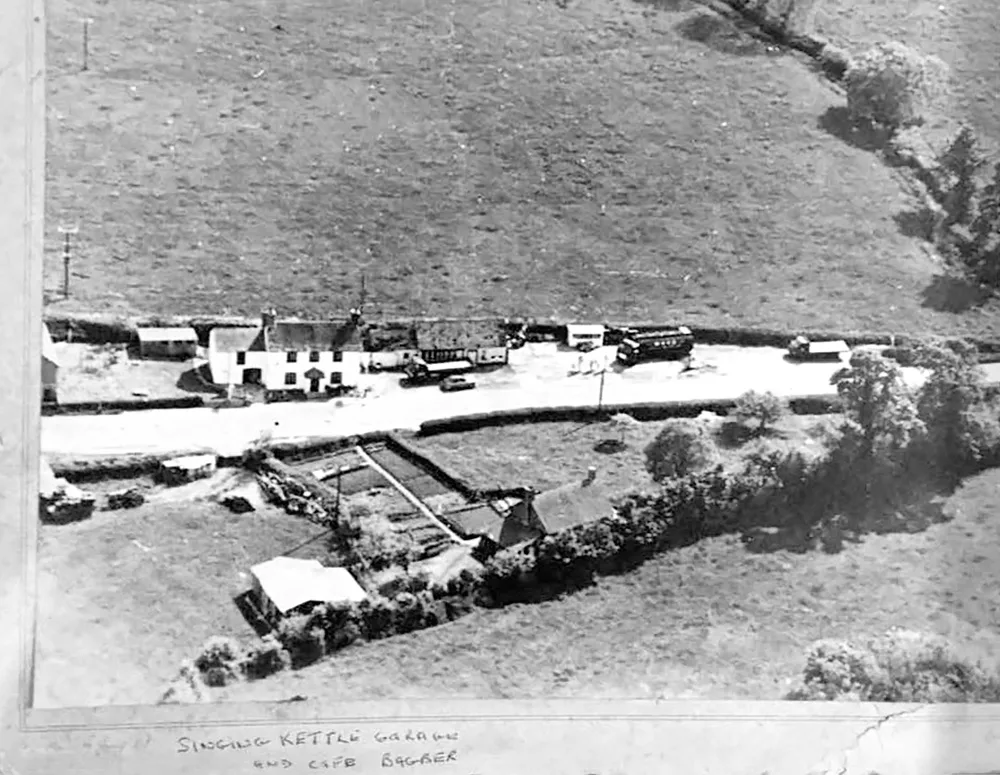
‘My grandad Len Dodson ran the garage, and my gran Pat Dodson had the cafe, from 1962 through to the 70’s. It was then called the Singing Kettle Cafe.’
Adam Dodson
‘An 1886 map shows the ‘Motor Inn’ was originally called the Rose & Crown. The earliest mention I can find is from October 1837 and concerns a meeting at the inn to discuss the enclosing of a piece of land known as Bagber Common. There’s another mention a month later when the property listed as The Rose & Crown was sold by auction.
‘A further mention was in 1855, when the landlord James Tilffin was fined £1 for “keeping his house open for the sale of beer, on Sunday, contrary to the statute. It appeared by the evidence that this house was constantly open on Sundays”.
‘In 1932, the freehold property (now listed as ‘formerly the Rose & Crown’), along with outbuildings, garden and small farmery was sold for £240.
‘The only mention I can find of the Motor Inn was in 1935, when the furniture and effects were sold off – reading like something from a stately home!’
Simon Ludbrook
……..
And David Fox added to the story of the bridge:
‘The one delay during the 2009 work on the bridge was making sure that timber of the same specification was used: it took very careful sourcing, such was the durability of the original.’
Want to reply? Read something you feel needs commenting on? Our postbag is open! Please send emails to [email protected].
When writing, please include your full name and address; we will not print this, but do require it.


